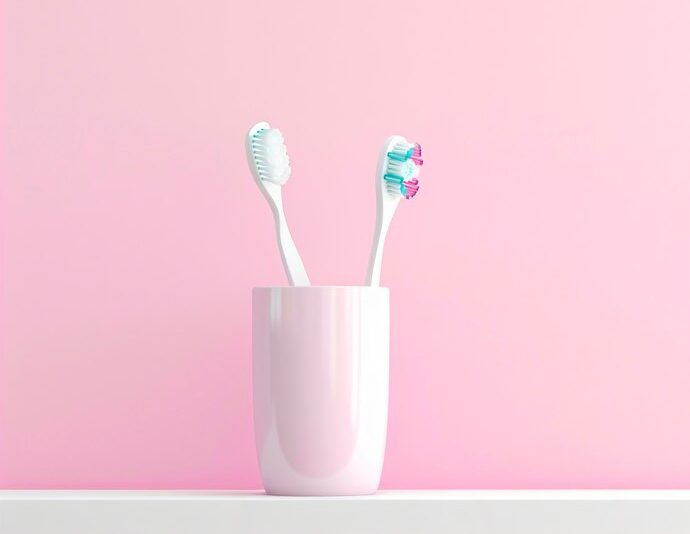A toothbrush is a primary tool in maintaining oral and dental hygiene. But many people may wonder—do we really need to replace it every three months? Or is this simply a myth circulating in society?
According to dental health experts, regularly replacing your toothbrush is highly recommended. Over time, the bristles wear out and lose their effectiveness in cleaning plaque and food debris. Moreover, frayed or broken bristles can cause gum irritation and fail to reach hidden areas in the mouth.
In addition, toothbrushes can become breeding grounds for bacteria and fungi, especially if stored in damp conditions. Continuing to use an old toothbrush without replacing it can increase the risk of oral infections and other health issues. This aligns with research by drg. Nunuk Purwanti, M.Kes., Ph.D., and Dr. drg. Retno Ardhani, M.Sc., titled "The Effect of Toothbrush Bristle Stiffness on Saliva Flow," which highlights the importance of selecting the right bristle type to support oral health.
Besides the general recommendation to replace toothbrushes every three months, certain conditions may require earlier replacement—such as after recovering from the flu or an oral infection, since bacteria may still linger on the bristles. Replacement is also necessary if the toothbrush shows signs of wear before the three-month mark.
So, replacing your toothbrush every three months is not a myth—it's a fact backed by research and expert recommendations. This habit plays a crucial role in maintaining oral hygiene and preventing dental and gum diseases. By choosing a quality toothbrush and replacing it regularly, we can ensure optimal dental health at all times. This practice also aligns with several Sustainable Development Goals (SDGs): Goal 3 (Good Health and Well-Being) through maintaining oral health, Goal 6 (Clean Water and Sanitation) by ensuring personal hygiene tools are kept clean, and Goal 12 (Responsible Consumption and Production) by promoting thoughtful selection and disposal of toothbrushes.
References
drg. Nunuk Purwanti, M.Kes., Ph.D., Dr. drg. Retno Ardhani, M.Sc., The Effect of Toothbrush Bristle Stiffness on Saliva Flow, https://etd.repository.ugm.ac.id/home/detail_pencarian_downloadfiles/443558
Author: Rizky B. Hendrawan | Photo: Freepik

